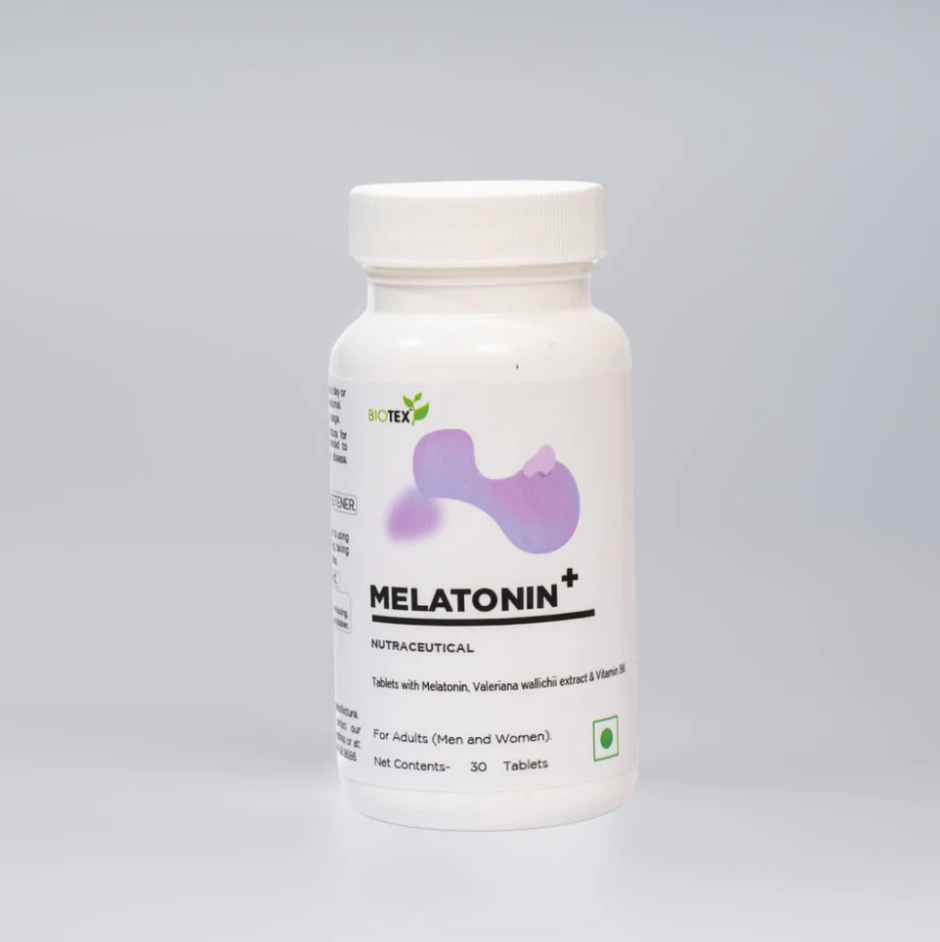Meditation, an ancient practice deeply rooted in cultural traditions around the world, has received substantial validation from modern science as a potent health-enhancing tool. With research supporting its various benefits, meditation has captivated a global audience keen on improving their health and well-being. This practice involves dedicating quiet time to cultivate mindfulness and tranquility, offering profound physiological and psychological benefits. As we explore further, we'll explore more about integrating this mindset into daily life can significantly improve both mental clarity and physical health, making it more than just a spiritual exercise, but a practical approach to fostering overall well-being.
Understanding Meditation
Meditation is a diverse practice encompassing various techniques, including mindfulness meditation, focused meditation, and transcendental meditation, each with its unique approach but the same core principle: the cultivation of a heightened state of awareness and focused attention. Mindfulness involves observing thoughts and sensations without judgment, while focused meditation entails directing one’s attention towards a single point, such as breath or a mantra. Transcendental meditation uses a specific sound or mantra that is silently repeated to help settle the mind. Achieving a meditative state often leads to deep relaxation and a profound sense of peace, which is crucial for the effectiveness of the practice. This meditative state not only helps in managing stress but also enhances overall cognitive functions, making meditation a valuable practice for anyone looking to improve their quality of life.
Physical Health Benefits
Meditation exerts significant effects on the body, primarily known for its capacity to reduce stress. By invoking a state of relaxation, this practice helps lower cortisol levels, the body’s stress hormone, which is directly linked to inflammation and various chronic health issues. The benefits of regular meditation have an impact on lower blood pressure, reducing strain on the heart and arteries, thereby improving overall cardiovascular health. This regular practice helps mitigate the risks associated with high blood pressure, such as heart attacks and strokes.
Moreover, meditation influences the immune system positively. A study published in Psychosomatic Medicine found that mindfulness meditation increases the electrical activity within the prefrontal cortex, the right anterior insula, and left hippocampus, all areas involved in command and control of the immune system. This enhanced activity correlates with improved immune function, particularly in response to stress. Additionally, meditation has been effectively used to manage symptoms of chronic pain, with patients reporting significant reductions in pain intensity and a better quality of life. Meditation’s role in modulating pain perception underscores its potential as a therapeutic tool in chronic pain management.
Mental Health Benefits
Meditation is profoundly beneficial for mental health, notably in reducing symptoms of anxiety, depression, and stress. By fostering a state of mindfulness, meditation helps individuals detach from anxiety-driven thoughts and gain a broader, more balanced perspective on their emotional state. Clinical studies, such as those published in the Journal of Clinical Psychiatry, show that meditation can reduce the symptoms of anxiety and depression to levels comparable with pharmaceutical treatments but without the side effects.
Neurologically, meditation promotes significant changes in the brain. It increases the density of grey matter in regions associated with learning, memory, and emotion regulation while reducing activity in the "default mode network" (DMN), the brain network active during periods of mind-wandering and self-referential thoughts—which are often associated with unhappiness and worrying. This neurological shift not only enhances cognitive functions but also improves emotional stability and psychological well-being.
Personal testimonies and controlled studies alike highlight meditation’s efficacy in enhancing focus, memory retention, and decision-making capabilities. These cognitive improvements, coupled with a reduction in stress and anxiety levels, contribute to a more balanced and effective mental state, proving meditation as a powerful tool for mental health maintenance and improvement.
How to Incorporate Meditation into Your Daily Routine
Starting a meditation practice can be simple and accessible. Begin by choosing a quiet space free from interruptions, and set a regular time each day—morning or evening works best for most. Start with short sessions of 5 to 10 minutes to ease into the practice without feeling overwhelmed. Utilize mobile apps or online resources like Headspace or Calm, which offer guided meditations tailored for beginners. Consistency is key; regular practice deepens the benefits over time, improving your ability to manage stress and enhance focus.
Meditation offers profound benefits for both physical and mental health, from lowering stress and enhancing immune function to improving heart health and emotional well-being. As we've explored, this ancient practice is backed by modern science and can be a vital part of a healthy lifestyle. Consider making meditation a routine part of your day to access its full potential. Explore various techniques and find one that resonates with your personal health goals and lifestyle. Start your journey towards a healthier, more centered life today by embracing the transformative power of meditation.



